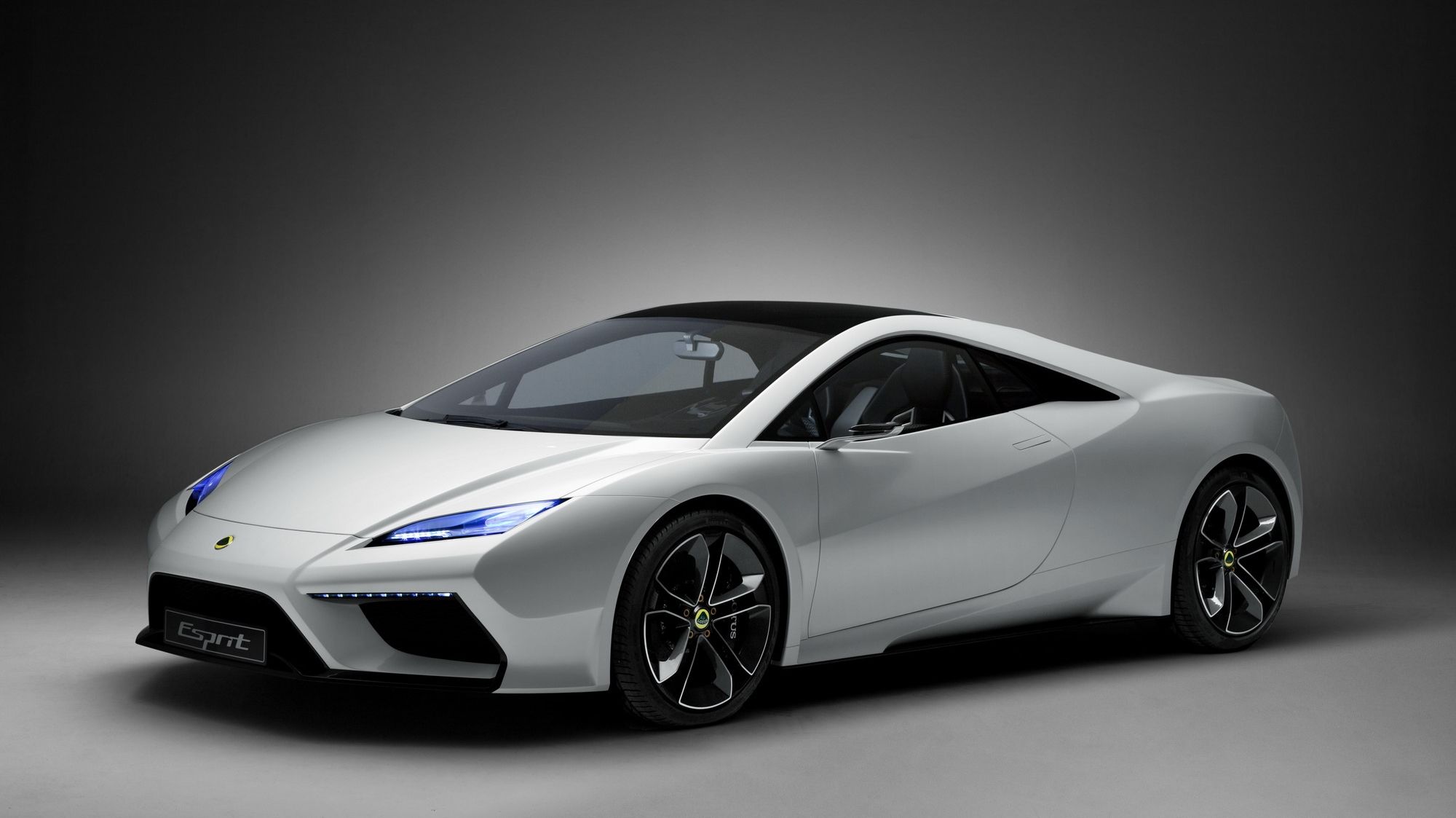Geely is one of China’s automotive giants, an industrial colossus that owns Volvo, Proton, Lynk & Co, the London Taxi Company and as of 2017 sports car manufacturer Lotus, as well. Its most recent acquisition was made with the intent to turn it into one of the world’s leading maker of sports cars, to rival the likes of Porsche, maybe even Aston Martin and McLaren.
Lotus is Eyballing New Competitors
An all-new visitor center is being built right now at Lotus’ home base, in Hethel, UK, and if you check out its architecture, it’s clear Lotus is trying to emulate the formula used by McLaren, Aston Martin or Bentley where they woo visitors with their heritage and first leave them in awe before showing them the catalog to start configuring their car.
The company also has a new CEO, Phil Popham, a man with experience at Jaguar-Land Rover, a new product strategy boss, Uday Senapati who formerly worked for Bentley, as well as a new commercial director, Marcus Blake from Aston Martin.
What should you expect to see first, as a direct result of these changes?
However, this is not the first time new owners have taken over Lotus waving wads of cash touting change. Back when Lotus was owned by Malaysia’s Proton, around the year 2010, a similar plan to shake up the company was announced - and they even had a slew of promising concepts on hand to show their planned direction - including an all-new Esprit that got a very positive reception when it was revealed at the 2010 Paris motors show.
It was actually one of five concepts Lotus took to Paris that year - these were an all-new design Elise, as well as a new Elan, Elite and Eterne models - the latter was actually a four-door sedan.
With these new plans, the SUV seems to be at the forefront, since it’s a formula that has proven so successful for Porsche, an automaker which claims it pays for development work on its sports cars by selling more practical SUVs, as well as the Panamera executive five-door. Plus, now the budget is twice the size, and Geely has already proven it is a company that helps without intruding too much - Volvo’s newfound prestige stands testament to that, so this time we’re really keeping an eye out for what they announce as it could actually work out.
Further Reading
Read our full review on the 2020 Lotus SUV.
Read our full review on the 2018 Lotus Exige Sport 410.
Read our full review on the 2017 Lotus Exige Sport 380.

